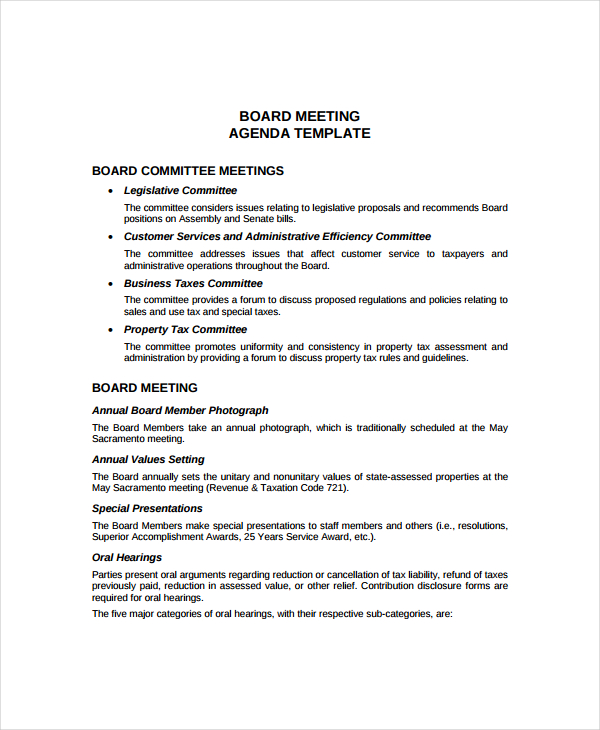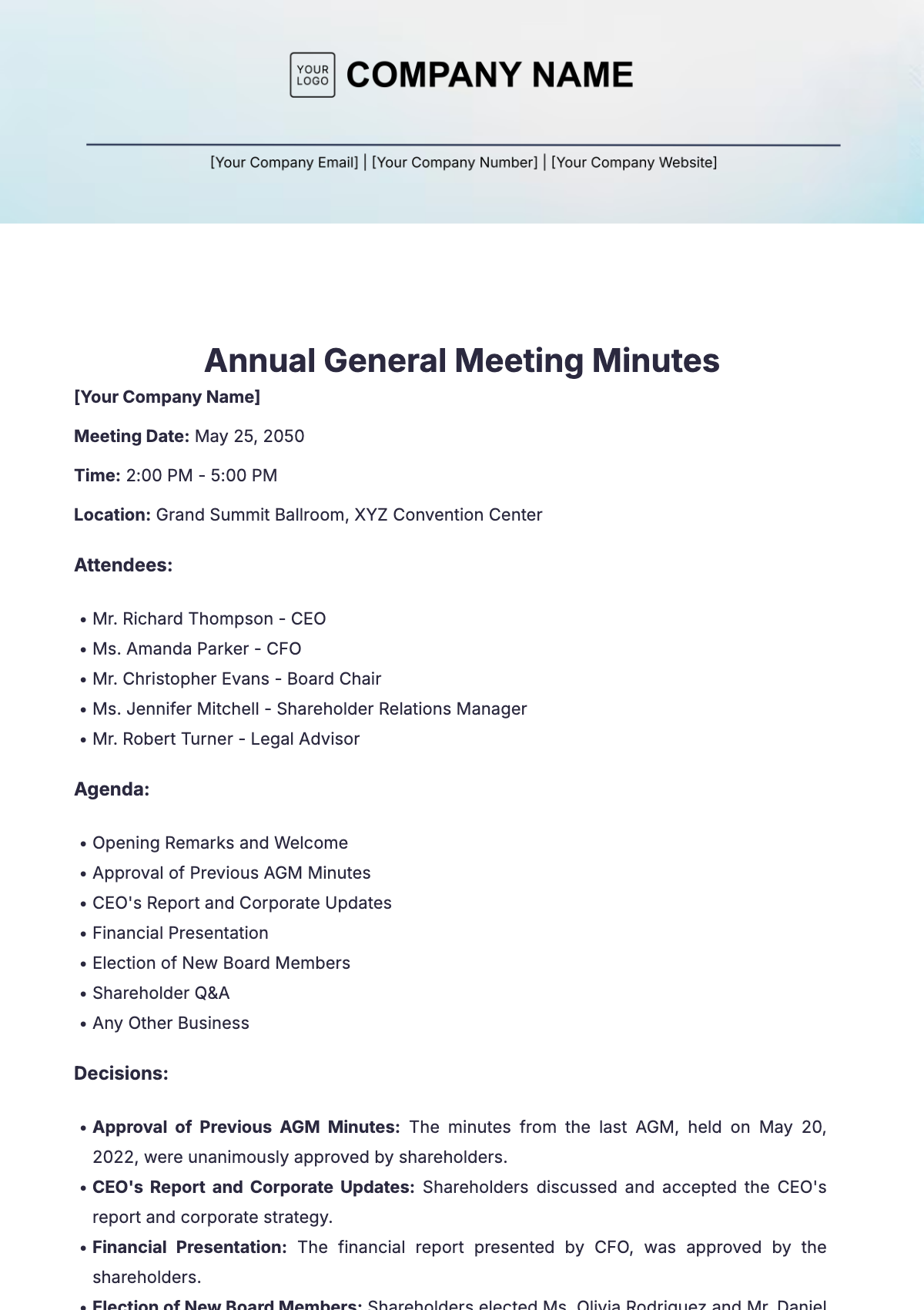Facing Retribution: The Perils Of Advocating For Change

Table of Contents
Personal Risks of Advocating for Change
Advocating for change often requires courage, but it can also come at a substantial personal cost. Understanding these potential risks is crucial for anyone considering speaking out against injustice or inequality.
Social Isolation and Ostracization
One of the most immediate consequences of advocating for change can be social isolation. When individuals challenge the norms or beliefs of their social circles, they may face alienation and ostracism. This can manifest in various forms, from subtle disapproval to outright hostility. The fear of losing friends, family members, or social connections can be a significant deterrent to speaking out, particularly when the issue is controversial or deeply personal.
- Alienation from social circles: Friends and family may distance themselves due to differing viewpoints, especially on highly sensitive topics.
- Targeted harassment: Advocates may become targets of online and offline harassment, including bullying, threats, and even violence.
- Loss of support systems: The emotional and practical support networks individuals rely on may crumble as a result of their advocacy efforts. This can be particularly isolating and challenging.
Reputational Damage and Career Risks
Beyond social repercussions, advocating for change can significantly impact your professional reputation and career trajectory. Depending on the context, speaking out might lead to:
- Damage to professional credibility: Those in positions of authority may attempt to discredit advocates, questioning their competence or integrity.
- Blacklisting: Advocates may find themselves excluded from future opportunities due to their activism, effectively hindering their career progression.
- Difficulty securing promotions: Promoting someone who has openly challenged the status quo may be perceived as risky for some organizations. This can result in stagnation or even job loss.
Psychological and Emotional Toll
The stress, anxiety, and depression associated with advocating for change should not be underestimated. Facing opposition, hostility, and potential retribution takes a significant emotional toll.
- Increased stress and anxiety levels: The constant pressure of fighting for change can lead to heightened stress levels, affecting physical and mental health.
- Burnout: The relentless effort required for effective advocacy often results in burnout, characterized by exhaustion and a sense of hopelessness.
- Depression and emotional exhaustion: Prolonged exposure to adversity and negativity can lead to depression and other mental health challenges. Seeking professional support is crucial in these situations.
Institutional and Systemic Barriers to Advocating for Change
Beyond personal risks, advocating for change often involves navigating institutional and systemic barriers designed to suppress dissent and maintain the status quo.
Lack of Protection and Legal Recourse
Whistleblowers and advocates often lack adequate legal protection. While laws exist in some jurisdictions to protect whistleblowers, they can be weak, difficult to enforce, or riddled with loopholes.
- Insufficient whistleblower protection laws: Many countries lack robust legal frameworks to shield advocates from retaliation.
- High legal costs: Pursuing legal action against powerful institutions or individuals can be prohibitively expensive.
- Lengthy and complex legal processes: Even if legal action is pursued, the process can be drawn out, costly, and emotionally draining.
Systemic Suppression and Censorship
Institutions may actively suppress dissent and criticism through various means:
- Retaliation by powerful entities: Those in power may use their influence to retaliate against advocates, hindering their work or silencing them.
- Suppression of information: Access to critical information may be restricted, hindering the ability of advocates to build a case or inform the public.
- Censorship and media control: Information that challenges the status quo may be censored or suppressed by the media, limiting its reach and impact.
Navigating Bureaucracy and Resistance to Change
Advocating for change often requires navigating complex bureaucratic systems that are resistant to change. This process can be time-consuming, frustrating, and inefficient:
- Inefficient decision-making processes: Bureaucratic processes are often slow and opaque, delaying or preventing meaningful change.
- Lack of transparency: A lack of transparency can make it difficult to understand the decision-making process, making advocacy more challenging.
- Resistance from vested interests: Powerful individuals or groups with vested interests in maintaining the status quo may actively oppose change.
Conclusion
Advocating for change is a crucial but often perilous act. Understanding the potential for retribution – both personal and systemic – is vital for those who choose to speak truth to power. While the risks are real, the potential for positive impact is equally significant. By preparing for the challenges, building supportive networks, and understanding the legal landscape, individuals can mitigate some of the risks associated with advocating for change. Don't be silenced – continue to advocate for a better future, knowing the potential repercussions, but also the immense reward. Learn more about strategies for effective and safe advocating for change and find support networks to help navigate the challenges.

Featured Posts
-
 Record Highs Near Frankfurt Equities Opening And Dax Performance
May 25, 2025
Record Highs Near Frankfurt Equities Opening And Dax Performance
May 25, 2025 -
 The Importance Of Net Asset Value Nav In The Amundi Dow Jones Industrial Average Ucits Etf
May 25, 2025
The Importance Of Net Asset Value Nav In The Amundi Dow Jones Industrial Average Ucits Etf
May 25, 2025 -
 Porsche Classic Art Week Indonesia 2025 Seni Dan Otomotif Berpadu
May 25, 2025
Porsche Classic Art Week Indonesia 2025 Seni Dan Otomotif Berpadu
May 25, 2025 -
 Solutions For Nyt Connections Puzzle 646 March 18 2025
May 25, 2025
Solutions For Nyt Connections Puzzle 646 March 18 2025
May 25, 2025 -
 Demna At Gucci Examining The Creative Directors Impact
May 25, 2025
Demna At Gucci Examining The Creative Directors Impact
May 25, 2025
Latest Posts
-
 Key Highlights From The Updated Philips 2025 Agm Shareholder Agenda
May 25, 2025
Key Highlights From The Updated Philips 2025 Agm Shareholder Agenda
May 25, 2025 -
 Philips Shareholders 2025 Agm Agenda And Important Updates
May 25, 2025
Philips Shareholders 2025 Agm Agenda And Important Updates
May 25, 2025 -
 Royal Philips Announces 2025 Annual General Meeting Of Shareholders Agenda
May 25, 2025
Royal Philips Announces 2025 Annual General Meeting Of Shareholders Agenda
May 25, 2025 -
 Philips 2025 Annual General Meeting Shareholder Agenda Update
May 25, 2025
Philips 2025 Annual General Meeting Shareholder Agenda Update
May 25, 2025 -
 Royal Philips 2025 Annual General Meeting Of Shareholders Key Updates
May 25, 2025
Royal Philips 2025 Annual General Meeting Of Shareholders Key Updates
May 25, 2025
